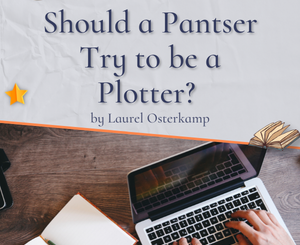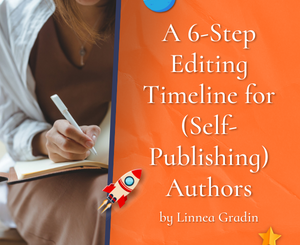Edit Your Fiction: 3 Secrets to Create Compelling Book
Editing and rewriting can be a daunting and scary process. Where do I begin? One of my clients asked me this recently. As I extemporaneously verbalized a checklist to her, I realized that I had internalized a process I had been unaware of until that moment, a process that I had learned by writing my novels.
Try these three editing steps on for size and see if they work for you. If they don’t, try anything else. And above all, be adventurous, and learn by doing.
1. Shelve Your Manuscript
You’re done writing your novel. Now, stop writing, print out the manuscript, and don’t look at the book for at least a few days, preferably a week. This rest allows you to approach your manuscript with fresh eyes. Note on your calendar the date you will return to your book.
Letting your book simmer in the background gives your subconscious to do several things:
Appreciate that you’ve written a complete book. So celebrate! And really drink in that accomplishment. Most people on the planet will speak of writing a book, and never do it. You did it!
Get some distance from your judgments about your book and your writing. Detach, become neutral. Focus on another project, and forget about your book for a little while.
2. First Reading: Beginner’s Mind: My Best Book Ever
Now, a week has passed. Pick up your manuscript and read it with fresh eyes. Here’s how:
Curiosity: Read as a curious, hungry reader, open to the story, open to the message.
Read without a pen in hand, and just enjoy the story.
Notice in a notebook, if you must, what you liked or didn’t like. But no marks on your manuscript. In the first read-through, notice where the technical aspects of the writing get in the way of the reading experience. Mark them with a pencil, but keep reading.
Anticipate a good read, be the author’s (you!) biggest fan!
3. Second Reading: Critical Eye: The Worst Book Ever*
Now, pick up your pen and read to edit.
Aspects to look for as you edit:
Story flow
Story emotions
Characterization and character arc
Plot development
Scene construction
Active verbs
5 senses
Grammar and punctuation and formatting
As you edit ask yourself if your story purpose is clear. Often we write stories to inspire, motivate, warn, and mostly to emote, to move our readers emotionally.
So as you read a second, or third time through your manuscript, ask yourself:
- Does this move me?
- Does this paint a picture vividly?
- Am I excited?
- Do I care about these characters?
- Am I worried for them?
You want your answer to be YES for all of these questions.
I recognize that this third step may occur many times. It does for me. Not every editing process will work for everyone. What works for you? Please share how you approach editing your novels.
And Happy Editing!
*Thank you author, John Lescroart for this Best Writer/Worst Writer paradigm.
© 2009 Beth Barany All Rights Reserved





